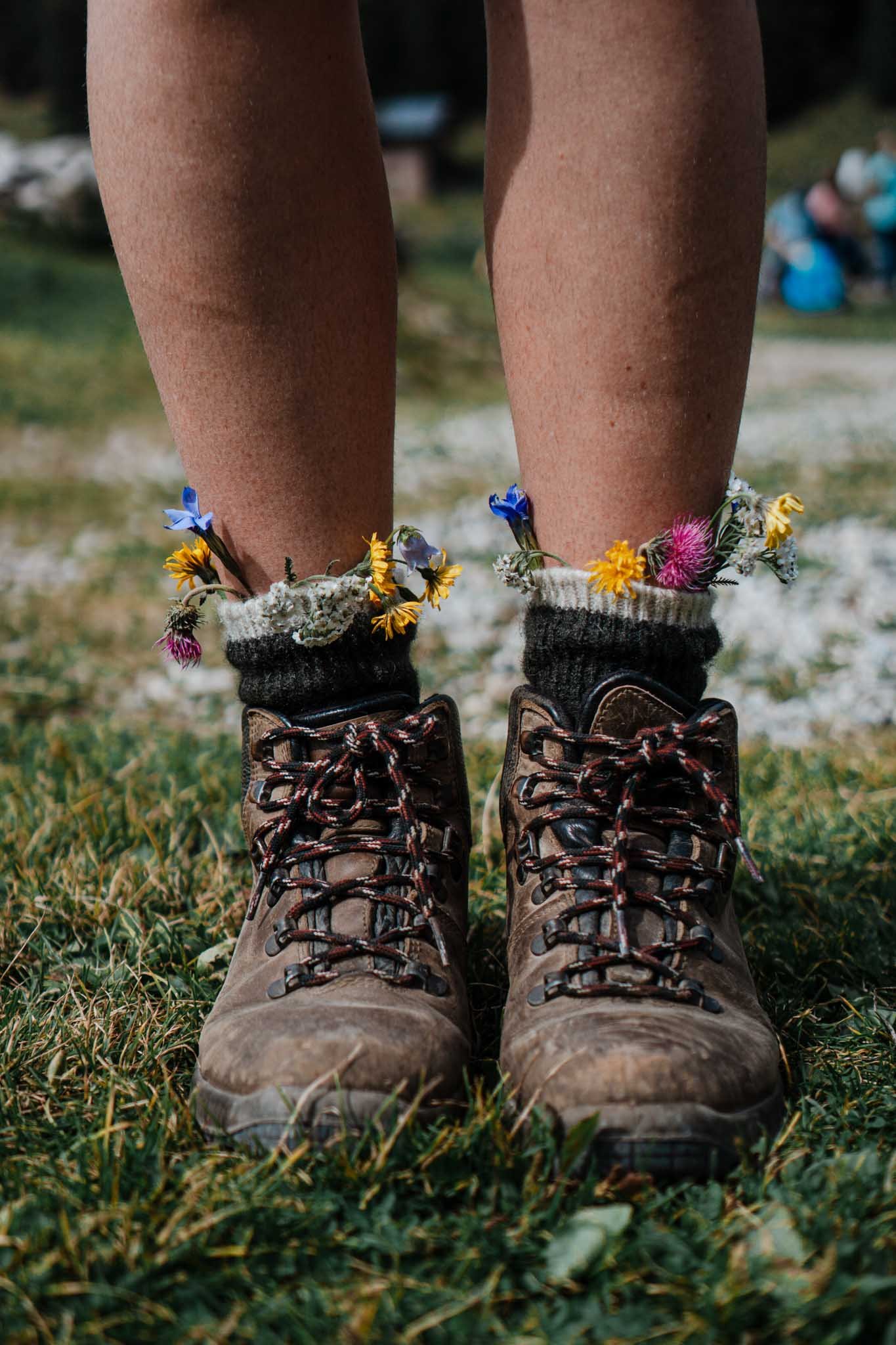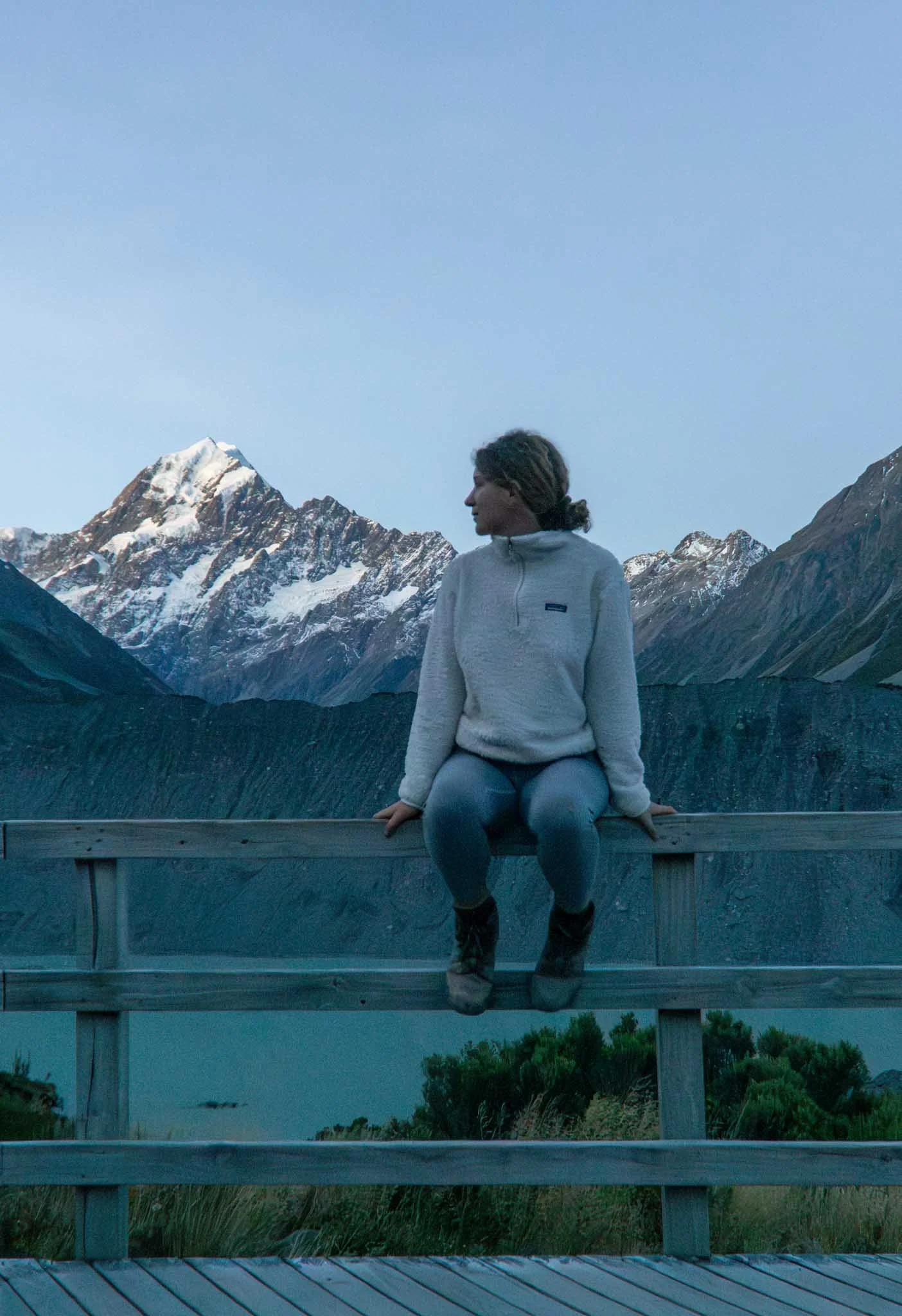Backpacking essentials: An overnight hiking checklist for beginners
Plus all of my tips and recommendations for gear that I love
I should start off by saying that I am by no means an expert at backpacking, or going on overnight hikes in the wilderness (in New Zealand we call that tramping).
I have been on plenty of multi-day treks, most of the time solo, usually in New Zealand but also in countries like Norway and Greenland.
For this packing list, I’ll talk through the gear I take with me on backpacking trips. These the bits of gear and essentials I have tried and tested, and that I use without fail.
I’m also not an ultralight hiker. I prefer to be comfortable than completely minimalist.
This packing list is good for 2-3 day backpacking trips, but it’s also more or less what I took on a 9 day hike across Greenland on the Arctic Circle Trail — I just had a lot more food. Generally, food and fuel are the main things you need more of.
For everything else, you just get used to being dirty.
This is my list — I go into more detail on all of these items below.
Granite Gear Blaze 60 backpack
Sierra Designs Meteor 2 person tent
Rab Womens Solar Eco 3 Sleeping bag
Big Agnes Rapide SL Insulated Sleeping Pad
Patagonia Fleece
Lululemon Align leggings and shorts
Rab Kinetic 2.0 raincoat
MSR Pocket Rocket 2
Snow Peak titanium 600ml cup and titanium spoon
Grisport hiking boots
Beanie and/or cap
Power bank
E reader
Dry bags
Gear
Backpack
I love my Granite Gear Blaze 60. It’s relatively light for the size, and is really well thought out, with great options for stashing things on the sides and outsides
I find 60L to be the right size for me – I went on a 10 day hike across Greenland with this size and it served me well, even with food for the entire trip.
Tent
Obviously, the MSR Hubba Hubba 2 is top of my wishlist, but for now I have the Sierra Designs Meteor 2 Person tent.
I prefer carrying a bit of extra weight and having the extra space that a two person tent provides, despite typically going on camping missions solo. This means I can keep all my gear inside, and I have even had space to cook inside when the weather was really bad.
This tent is a little on the heavy side because of this, weighing a touch over 2kgs. But, it’s very manageable and for the weight and price I find it to be excellent quality.
It’s sturdy, even in winds and rain, easy to put up (usually takes me less than 5 minutes), and spacious inside.
For the quality and weight at this price point, I think it’s hard to beat. If you’re a beginner camper and just starting to build up you gear list, this is a good place to start.
Sleeping Bag
I try to avoid down for ethical reasons, so I use the Rab Womens Solar Eco 3 Sleeping Bag.
I find it to be not as warm as I would like, as I’m often camping at higher altitudes, so in single digits even in summer. It’s also a little on the chunky side, but until technology catches up to my ethics, this is one of the better options around.
I recommend choosing a sleeping bag that is several degrees warmer than you need it to be.
Sleeping bag liner
I don’t usually pack a sleeping bag liner if I have to carry my pack for longer than two days, but a liner can help you keep warm in colder weather and helps keep your bag cleaner.
Inflatable sleeping pad
One of my favourite pieces of gear is my Big Agnes Rapide SL Insulated Sleeping Pad. It weighs just over 400gms, packs down pretty small, and yet is thick, comfortable, and most importantly, great insulation against the cold ground.
I once went on an overnight camping trip without any kind of sleeping mat or pad and ended up sleeping on top of my pack because the ground was so cold. Lesson learned.
Sea to summit dry bags
I always pack my valuables into dry bags. My favourites are the Sea to Summit dry bags.
Optional extras
I am rugged enough that I don’t use a camp pillow. I just stuff a fleece into my sleeping bag stuff sack and use that. But, if you want a little luxury, you could take an inflatable pillow:
Sea to summit pillow
Clothing
Base layers
Mons Royale long sleeved merino.
My only complaint with this layer is that the neckline is a little too scooped — it means I have gotten sunburned around my neck a couple of times. Not a deal breaker, but I like to have maximum sun protection if I’m outside all day.
Mid layer
I usually hike with a lightweight fleece.
Outer layer/shell
For summer and warmer weather, I wear the Rab Womens Kinetic 2.0 Jacket. It’s lightweight and packs down small, which were important features for me.
It keeps me dry enough, although I have never been out in it in extremely bad weather (I tend to adjust my plans if the weather is ever looking really foul).
For a summer backpacking wind and waterproof layer, I think it’s ideal
Hiking leggings
I usually prefer hiking in leggings, although I do plan on trying out more hiking pants.
You should hike in whatever you feel most comfortable in. For me, that’s Lululemon Align leggings (I tried Wunder Trains, and while more durable I find them much less comfortable).
I also love hiking in Align Shorts.
Footwear
I usually wear hiking boots for longer camping trips. My favourite boot is Grisport. They are light enough and pretty durable, and I like the way they look.
I always take a pair of Birkenstocks with me when camping. They aren’t the lightest sandal option (you could probably find slides that are lighter) but I like that they slip on easily over thick socks. And they are so comfortable.
Socks are of utmost importance. I am loyal to Finisterre’s socks, which I picked up in the UK before a hiking and camping trip in Norway. They are funky, comfortable, and keep my feet warm and toasty at camp, even in cold temperatures in Greenland and New Zealand.
Camp clothes
The first thing I do when I get to camp is usually change into my comfortable camp clothes.
In summer, that means Lululemon track pants. In winter, Mons Royale merino track pants.
I also love my Patagonia Los Gatos Quarter-Zip Fleece Pullover which I usually reserve for camp instead of hiking, as it’s so cosy and warm.
I usually have an extra long sleeve merino base layer I use for camp and sleeping in, and I can wear it on the last day if my other tops are too dirty.
Beanie and/or cap
I often take both a beanie and a cap with me on camping trips, as I like heading into alpine areas which get cold overnight. The beanie helps keep me warm at camp, when I’m not moving around as much.
For a cap, I have a basic Lululemon cap that is comfortable and does the job.
Sun glasses
I have prescription sunnies from Bailey Nelson which I take everywhere.
I would recommend polarised sunglasses.
Food
Stove and fuel (plus a lighter)
I love my MSR Pocket Rocket 2. It’s small and light enough for me, and is still hardy enough to endure a few knocks.
I usually throw in at least two lighters as well as a packet of matches, because I err on the side of caution.
Cooking equipment (cup and utensils)
I keep my cooking gear pretty lean, and use the same Snow Peak titanium cup for cooking and drinking. It fits 600mls, which is easily enough for a dehydrated meal or a giant cup of coffee.
I have the matching Snow Peak titanium spoon which does everything as well
I love my Opinel knife. It’s very sharp and very light, and although I could probably get by without a knife, I like having it on hand if I do take fresh fruit or vegetables with me.
Hygiene
In New Zealand, some of our mountain huts have toilets equipped with long drop toilets — on the Great Walks, some of the toilets even flush. On more popular trails, you’ll find toilet paper in the toilets.
On others, you’re on your own.
In other countries where I have been on overnight hiking or backpacking trips, there have been no such luxuries.
Toilet paper — undyed and unscented is best, but you should always carry it out with you.
I find a supply of small ziploc bags comes in really handy. They are light and you can use them for sealing up used toilet paper (please carry it out with you).
Ziploc bags are also just handy for keeping any rubbish stored away from the rest of your gear.
I love the Sea to Summit hand wash sheets. They aren’t strictly necessary, but on long hiking trips it has been nice to feel like my hands are actually clean, and the little packet weighs next to nothing.
Another optional extra is a quick dry cloth for wiping pee for women. I personally don’t mind drip drying, but if you hate this, a cloth can be more efficient than packing out toilet paper you use every time you need to pee.
Extras for entertainment and comfort
Portable power bank
I use my phone very little in the backcountry, but I do use my camera a lot, so I take a power bank to keep me going.
Entertainment
I take my Kobo with me everywhere, so I always have some books to read in the evenings. I’m a big reader, so this is enough entertainment for me.









